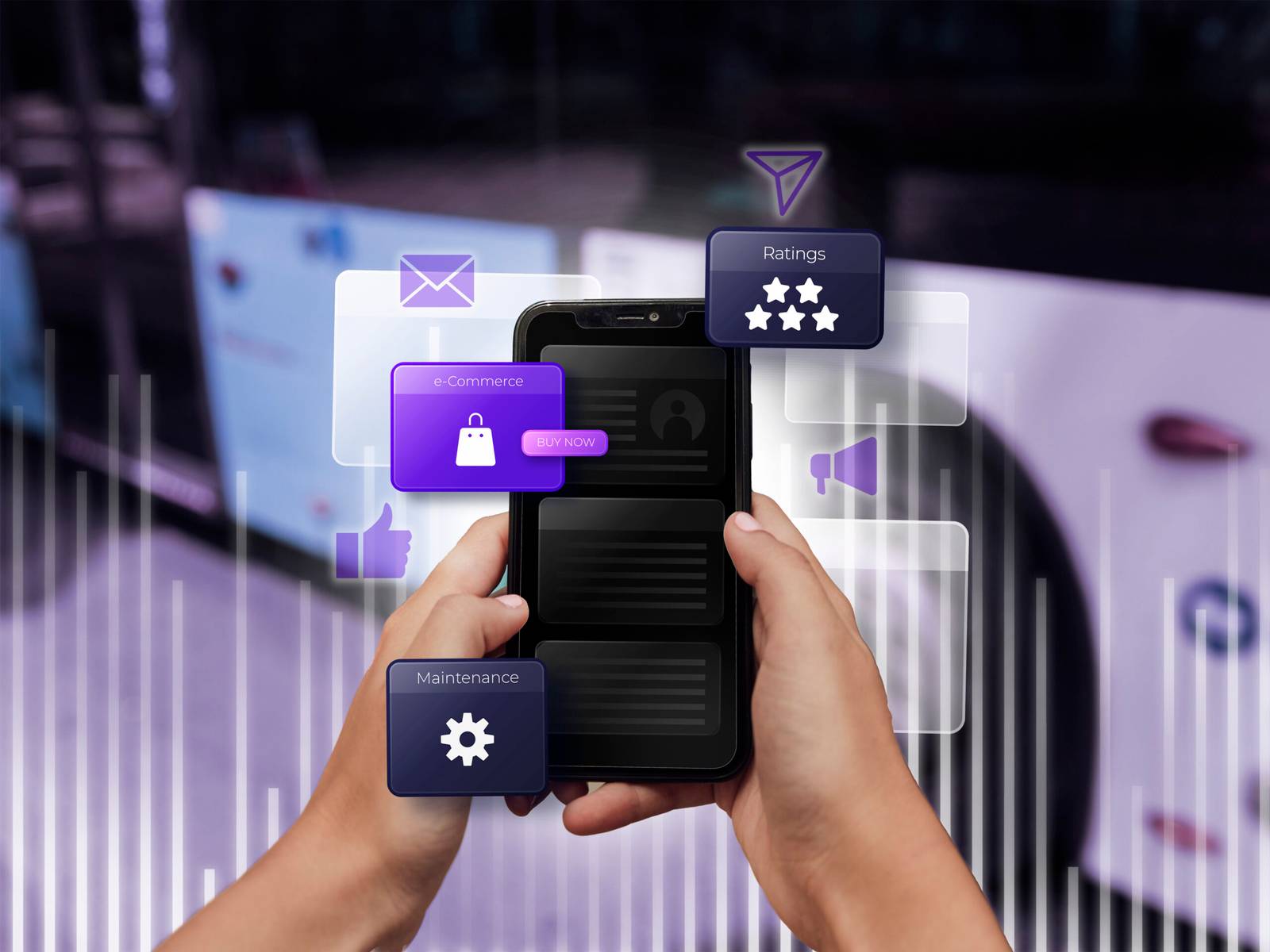The Role of Chatbots in Customer Engagement

by Web Digital
In the rapidly evolving digital era, companies are continuously exploring creative methods to connect with their clientele. Among the many tools and technologies available, chatbots have emerged as a powerful and versatile tool for improving customer engagement. These AI-driven virtual assistants are transforming the way companies interact with their customers, providing benefits such as enhanced user experiences, increased efficiency, and 24/7 availability. In this article, we will delve into the role of chatbots in customer engagement, exploring their significance, applications, and the benefits they bring to both businesses and consumers.
Understanding Chatbots
Chatbots are software programs designed to simulate human conversation by using artificial intelligence (AI) and natural language processing (NLP) technologies. They can engage in text-based or voice-based conversations, providing real-time responses and assistance to users. Chatbots can be integrated into various digital platforms, including websites, mobile apps, messaging apps, and even social media channels.
The Role of Chatbots in Customer Engagement
Immediate Customer Support
One of the primary roles of chatbots is to provide Immediate Customer Support. They can answer frequently asked questions, assist with troubleshooting, and guide users through various processes, such as placing orders or tracking deliveries. By offering instant responses, chatbots reduce customer wait times and ensure that assistance is available 24/7, improving overall customer satisfaction.
Personalized Recommendations
Chatbots can analyze user data and behaviour to provide personalized product recommendations and content. By understanding customer preferences and purchase history, chatbots can suggest relevant products, services, or articles, enhancing the user experience and increasing the likelihood of conversions. This level of personalization can significantly improve customer engagement and retention.
Streamlined Customer Onboarding
Chatbots can simplify the onboarding process for new customers. They can guide users through account setup, product demos, and tutorials, making it easier for customers to understand and use your offerings. This streamlined onboarding process reduces friction, boosts user confidence, and encourages engagement from the outset.
Lead Generation and Qualification
Chatbots can play a crucial role in lead generation by engaging with website visitors and social media users. They can initiate conversations, capture user information, and qualify leads based on predefined criteria. This automated lead-generation process allows businesses to identify potential customers and move them further down the sales funnel.
Feedback Collection
Gathering customer feedback is essential for enhancing products and services. Chatbots can solicit feedback from customers after transactions or interactions, making it convenient for users to share their opinions and suggestions. This real-time feedback loop enables businesses to address issues promptly and enhance their offerings based on customer input.
E-commerce Assistance
For e-commerce businesses, chatbots are invaluable in providing assistance during the shopping journey. They can help users browse products, compare options, check prices, and complete purchases. Additionally, chatbots can handle inquiries related to shipping, returns, and refunds, offering a seamless shopping experience that encourages customer loyalty.
Event Reminders and Notifications
Chatbots can be programmed to send event reminders, updates, and notifications to customers. Whether it’s notifying users about upcoming sales, product launches, or appointments, chatbots can help keep customers engaged and informed, ensuring they don’t miss out on important events or offers.
Benefits of Using Chatbots for Customer Engagement
Enhanced User Experience: Chatbots provide quick and efficient responses, reducing customer frustration and enhancing the overall user experience.
Cost Efficiency: Chatbots can handle a high volume of inquiries simultaneously, reducing the need for a large customer support team and saving operational costs.
24/7 Availability: Chatbots are available around the clock, allowing businesses to engage with customers in different time zones and accommodate late-night inquiries.
Data-driven Insights: Chatbots can collect and analyze user data, providing valuable insights into customer preferences and behaviour.
Scalability: As your business grows, chatbots can easily scale to meet increased customer engagement demands without a proportional increase in resources.
Consistency: Chatbots ensure consistent and standardized responses, eliminating the risk of human errors or variations in communication.
Challenges and Considerations
While chatbots offer numerous benefits, businesses must consider certain challenges when implementing them for customer engagement:
Initial Setup: Developing and training chatbots can be time-consuming and require a significant investment in AI technology.
User Acceptance: Some users may prefer human interactions over automated chatbot interactions, so businesses should provide options for both.
Maintenance: Chatbots require regular updates and maintenance to stay relevant and effective.
Privacy and Security: Handling customer data requires strict security measures to protect user information and maintain trust.
Conclusion
Chatbots have become indispensable tools for businesses seeking to improve customer engagement. Their ability to provide instant support, personalized recommendations, and efficient responses makes them valuable assets in today’s competitive landscape. By understanding the role of chatbots and harnessing their capabilities, businesses can create more meaningful and lasting connections with their customers, ultimately driving growth and success in the digital age.
Recommended Posts

Automotive Marketing in Whitby: Driving Sales with Digital
December 4, 2024

Connecting Chatham: The Impact of Social Media on Local Communities
November 11, 2024

